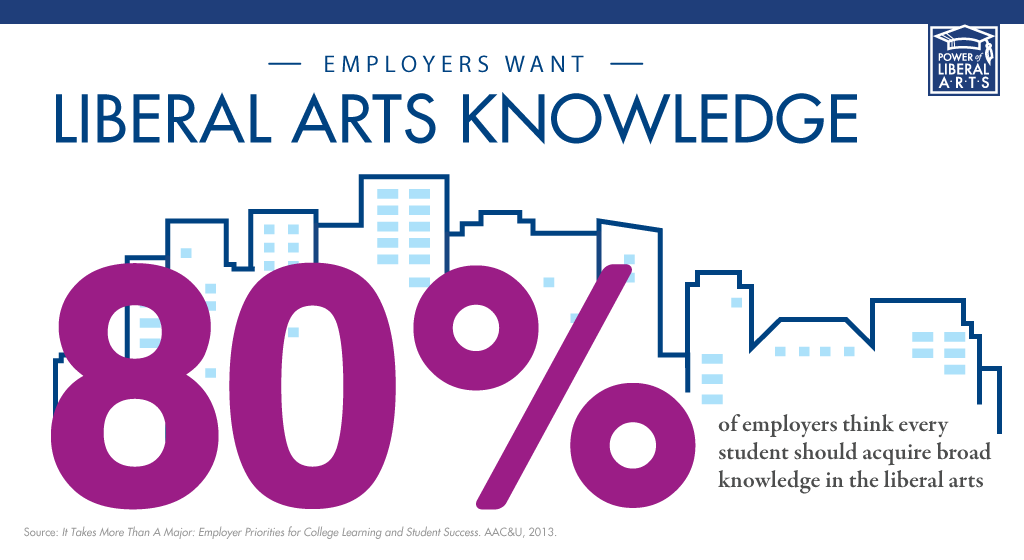As a liberal arts college student, I have been questioned a lot about the education that I receive, especially as a sociology and art history major. People always ask me the same questions again and again. For example, what are you going to do with these two majors? Why haven’t I heard of your school? Or even what does liberal arts schools mean? That is why I feel it’s necessary to write this article, as a product and beneficiary of such excellent education.
1. What is liberal arts education?
A liberal arts education provides students with broad knowledge of the wider world (e.g. science, culture, and society). It usually includes majors which are not directly connected to professional training such as politics, history, sociology, and philosophy. Through these fundamental subjects, liberal arts colleges aim to help students develop strong and transferable intellectual and practical skills such as communication, analytical and problem-solving skills, and a demonstrated ability to apply knowledge and skills in real-world settings. When I was talking to the president of my college one day, he gave me a more precise definition, in terms of the goal of liberal arts education. He said: “our goal is not to teach students specific knowledge, but to teach them how they learn and think, as a preparation to be a life-long learner.”
2. What does a liberal arts college look like?
Liberal arts colleges usually have fewer students enrolled than those big universities. For example, the school that I go to only has 1,600 people (faculty, staff, and students) in total on campus. It means that most classes have an average of 15 people; the number is even lower in upper level classes. That is why professors can know each of their students very well. Most of them are also very accessible during office hours so that students can ask them questions for assignments and papers. Other than the faculty-students relationship, liberal arts colleges require students to take classes across disciplines so that students can find their real passion. Although as a sociology and art history major, I have taken classes in economics, english, and education departments. By giving students freedom to choose within the curriculum, students have fewer restrictions on what they learn and are encouraged to explore different subjects. It thus gives students a broader spectrum of knowledge rather than narrowing down within a specific field. In addition, liberal arts colleges emphasize practical skills such as writing, critical thinking and public speaking. My roommate, even as a CS major, has to write papers. For social science and humanities students, it is very common to write a 20-page paper, which provides concrete foundations of their writing ability. Presentation is another assignment professors like to give, ranging from a 5-minute one to a 45-minute one. That is why through such intensive trainings, students are more likely to enhance their public speaking ability.
3. Are liberal arts college students too off from job markets?
The answer is no. There are usually two pathways that liberal arts students choose, in terms of post-graduate employment. The first one is going to graduate school first before entering job market. Students who seek for formal professional trainings (ex. a MD, a JD, or a PhD degree) would choose this pathway. Another pathway is going directly to workplace. Remember that liberal arts colleges also offer economics or even business major, that’s why lots of prestigious banking, financial, accounting, consulting institutions would still come to these schools for campus recruitments. Additionally, regardless of a student’s major, liberal arts college students are more adaptable, since they have possessed a “tool box” - those fundamental practical skills. It is normal to see a social science major graduate working in fashion industry or marketing industry. It is not only because of the knowledge that they learn, but also for the “soft skills” that they have.






















